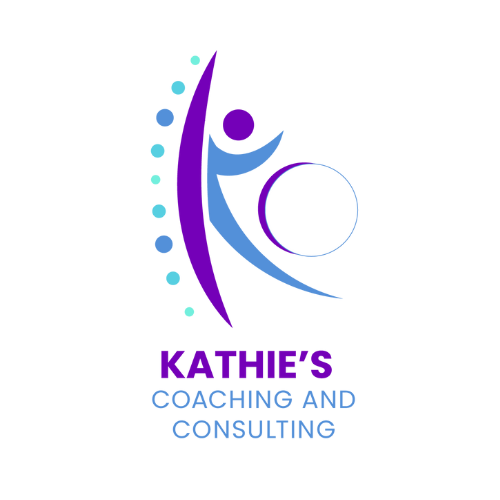Setting and Achieving Career Goals: A Blueprint for Success
In any professional journey, the importance of setting and achieving career goals cannot be overstated. Goals not only provide direction and structure but also act as a source of motivation and a measure of personal and professional growth. This blog post offers a comprehensive guide on how to set realistic, measurable, and time-bound goals, and explains why goal-setting is an indispensable part of career development.
Understanding the Importance of Career Goals
Career goals are the benchmarks against which we measure our professional progress. They serve as a roadmap, guiding us through the career landscape and providing focus amidst the myriad distractions and challenges we face in our daily professional lives. By setting clear goals, we align our daily actions with our broader career aspirations, ensuring that every task or project contributes meaningfully to our long-term success.
Principles of Effective Goal-Setting
The effectiveness of goal-setting hinges on the approach taken. Here are some fundamental principles to consider:
Specificity: Goals should be clear and specific to avoid ambiguity about what you aim to achieve. Specific goals help concentrate efforts and increase the chances of success. For instance, instead of aiming to "improve sales," set a goal to "increase sales by 10% within six months."
Measurability: A goal should be measurable so that you can track progress and know when it has been achieved. Measurable goals provide milestones that act as motivation and help you assess the effectiveness of your strategies.
Achievability: While goals should be challenging, they must also be realistic and attainable. Unrealistic goals can demotivate you when they prove to be unachievable, leading to frustration and burnout.
Relevance: Ensure that your goals are relevant to your career path and align with your broader professional values and long-term objectives. This alignment ensures that the time and resources you invest contribute to your overall career progression.
Time-bound: Every goal should have a deadline. Time constraints create urgency and prompt action, keeping procrastination at bay and maintaining momentum.
Step-by-Step Guide to Setting Career Goals
Here’s how to put these principles into practice:
Self-Assessment: Begin with a thorough assessment of your current professional situation. Identify your strengths, weaknesses, interests, and values. Understanding these aspects helps in setting goals that are not only achievable but also fulfilling.
Visioning: Visualize where you want to be in the future. This could be five, ten, or even twenty years down the line. What position do you see yourself holding? What kind of work do you want to be doing? This vision will guide the setting of your long-term goals.
Breaking Down Goals: Divide your long-term goals into medium and short-term goals. This breakdown makes the goals more manageable and less daunting. For example, if your long-term goal is to become a senior manager, a medium-term goal could be to take on more leadership roles within projects, while a short-term goal might be to complete a specific leadership course.
Action Plans: For each goal, develop an action plan that outlines the steps necessary to achieve the goal. This plan should include resources you might need, potential obstacles you might face, and strategies for overcoming these challenges.
Review and Adjust: Regularly review your goals and progress. This ongoing assessment allows you to stay on track and make adjustments as needed, whether to realign your goals with changing circumstances or to adopt new strategies for better results.
The Impact of Goal-Setting on Motivation and Growth
Setting and achieving goals has a profound impact on both personal and professional growth. Goals give you a sense of achievement and satisfaction that boosts your confidence and self-esteem. They also enhance your motivation, as each success in achieving a goal fuels your enthusiasm to tackle the next challenge.
Furthermore, the skills you develop in pursuit of your goals, such as time management, organization, and problem-solving, are invaluable in any professional setting. These skills not only make you a more competent and efficient professional but also increase your adaptability, making you more valuable in the dynamic job market.
Conclusion
In conclusion, setting and achieving career goals is a dynamic and rewarding process that not only propels your career forward but also contributes to a profound sense of personal satisfaction and professional fulfillment. By carefully crafting and diligently working towards well-defined goals, you can enhance your motivation, accelerate your career development, and achieve the success you aspire to. Remember, the journey towards achieving your career goals is as important as the goals themselves, offering numerous opportunities for learning and growth along the way.
Kathie Owen, Corporate Wellness Professional

















A leadership coach shares her personal journey of being fired for speaking up against toxic workplace culture, drawing parallels with Ted Lasso's themes of authentic leadership and courage. Her story illustrates how challenging systemic dysfunction often comes at a cost—but leads to greater freedom. #WorkplaceCulture #Leadership #TedLasso #ToxicWorkplace #CareerGrowth